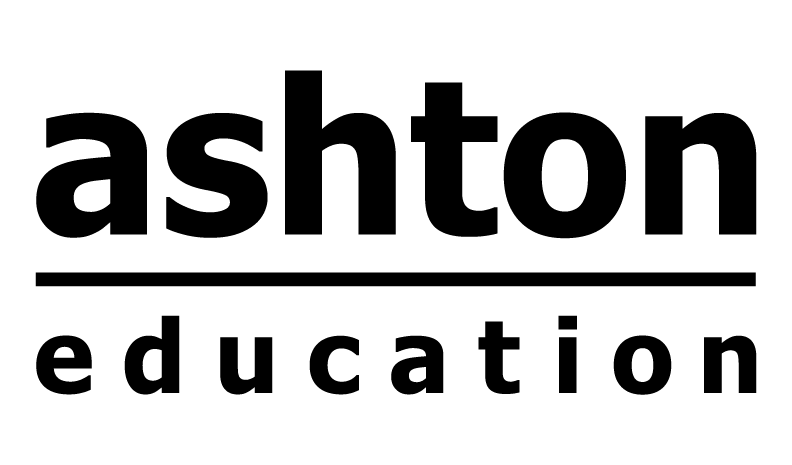Skills That Every Ethical Hacker Needs
Certified ethical hackers need to have a broad set of skills in order to succeed in their line of work. There are countless means for non-ethical hackers to overcome digital security measures and ethical hackers need to be able to conceive of, and execute, the same strategies that any non-ethical hacker might come up with. The skills you need can be taught in an ethical hacking course, like the one offered at TechnoEdge. If you’re looking to pass the CEH v10 and earn your ethical hacker certification then you’re going to need the following skills.
Programming Languages
It should come as no surprise that a knowledge of programming languages is key to being a successful certified ethical hacker. Programming languages are a fundamental part of anything digital. Knowing how programming languages work, and how to use them yourself, will allow you to identify and exploit programming errors, as well as develop your own programs to automate some of your hacking tasks.
There are a lot of programming languages out there but, in order to be most effective as an ethical hacker, it’s best to focus on the most widely used languages. HTML, JavaScript, PHP, SQL, Python, Perl, C & C++, Java, CSharp, Visual Basic, and VBScript are some of the best to familiarize yourself with. That is a long list, but you can narrow down what languages to focus on based on what computers/platforms you’re targeting. If you’re working with Linux based systems, then there’s no sense in learning Visual Basic, which is exclusively used for Windows operating systems.
Cloud Computing
Cloud computing is heavily relied on by most modern organizations, and this means that the cloud is a big target for non-ethical hackers. Similar to programming languages, there are multiple different cloud computing services(AWS, Microsoft Azure, GCP) out there and each has different security protocols and applications in place. If you’re working for an organization that uses a cloud computing platform, then it’s important that you understand the security measures and vulnerabilities of that platform.
Computer Forensics
Skilled hackers will always go through the necessary steps to cover up their tracks. In fact, “covering you tracks” is listed by the EC-Council as one of the five phases of ethical hacking. The EC-Council administers the CEH v10, the exam for earning your ethical hacker certification.
In order to effectively cover you tracks, you need to understand computer forensics, the process of collecting data and evidence left behind in digital infrastructures. By understanding how digital security experts trace hackers, you can conduct more thorough security analyses.
Encryption
Encryption is one of the standard security measures for guarding information online, and as such, it’s important for a certified ethical hacker to know how encryptions work and, more importantly, how to break them. Brute force, algorithm keyword searches, and ciphertext analysis are just a few of the techniques used for encryption cracking.
Creativity and Analytical Thinking
The nature of ethical hacking requires you to have a firm grasp of IT knowledge as well as the mindset of criminal hackers. Creativity is required to effectively test the limits of a digital infrastructure’s security as well as to create solutions for the vulnerabilities you find. Through careful analysis and creative thinking, you can tackle almost any problem you encounter as an ethical hacker.
Learning the Skills
In order to find success in your career and earn your ethical hacker certification, you’re going to need to develop and refine the above skills. TechnoEdge can set you on the right track with their ethical hacking course, which prepares you to take on the CEH v10 and get certified. Register now for their upcoming course and prepare yourself for the next step in your IT career.



